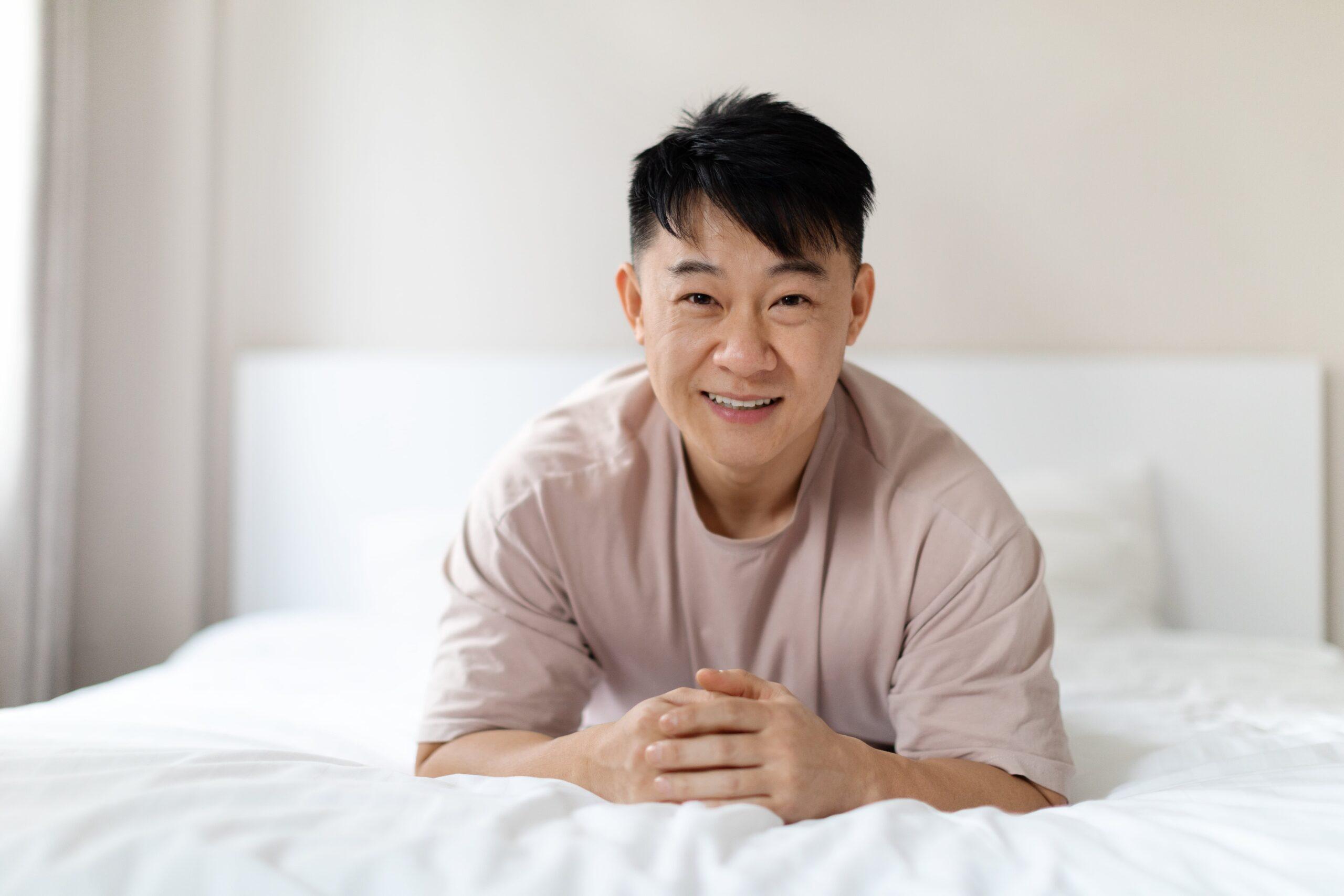Laying still,
Enveloped by darkness,
Silence—
Except
The ticking of the clock,
The whirring of the fan,
Thoughts dart
Loudly.
Will this
Ever
End?
Enveloped by darkness,
Silence—
Except
The ticking of the clock,
The whirring of the fan,
Thoughts dart
Loudly.
Will this
Ever
End?
Sleep is restorative for both the mind and body. After a good night’s rest, we look better, feel better, and make better decisions. Unfortunately, not everyone gets quality sleep every night. Most of us learn to power through the day with coffee or sheer will until we can finally hit the sack. But for some, the arrival of night brings disappointment, frustration, and anxiety, as sleep remains elusive.
Sound familiar? You are not alone. In a nation-wide survey of Singapore residents aged 18 and above (Subramaniam et al., 2019), 27.6% of adults reported poor-quality sleep. The prevalence rate of insomnia in Singapore is approximately 15% (Yeo et al., 1996). Insomnia refers to persistent difficulties in falling or staying asleep for at least three nights a week over a three-month period. Chronic sleep deprivation leads to fatigue, poor concentration, mood disturbances, and heightened anxiety. Left untreated, chronic sleep deprivation can increase the risk of several health issues, including cardiovascular, respiratory, neurological, gastrointestinal, immunological, dermatological, endocrine, and reproductive problems (Liew & Aung, 2020).
The good news? Insomnia is treatable. In addition to medication, lifestyle changes can significantly improve sleep quality. While we can force ourselves to wake up, sleep cannot be forced. This asymmetry in the body’s system is why therapy focuses on what we can control. This includes changing habits and learning strategies to cope with unhelpful thoughts around sleep and bedtime. Speak to our team to learn how to overcome insomnia.
In the meantime, before exploring sleep medication, try R.E.S.T. for a natural path to better sleep.
R: Routine
Establish a consistent sleep schedule by going to bed at the same time each night. Create a sleep ritual to help your body wind down—take a warm shower, listen to soothing music, gently stretch, or pamper yourself with a skincare routine.
E: Environment
Make your room inviting and conducive to sleep. Set the temperature to your preference, switch to warm, orange lighting instead of bright, fluorescent white lights as bedtime approaches, and consider using earplugs or an eye mask to block out sound and light.
S: Stop stimulating activities 30–60 minutes before bed
Avoid activities such as strenuous exercise, mindless scrolling through electronic devices, or reading thrilling material.
T: Techniques
Practice relaxation methods like deep breathing, listening to relaxation scripts, visualization, or postponing worries. These strategies can help you manage uncomfortable thoughts and emotions related to sleep. Speak to your psychologist to learn more.
References
Lee, Y.Y. Lau, J.H., Vaingankar, J.A., Sambasivam, R., Shafie, S., Chua, B.Y., Chow, W.L, Abdin, E., Subramaniam, M. (2022) ‘Sleep quality of Singapore residents: Findings from the 2016 Singapore Mental Health Study’, Sleep Medicine: X, 4, p. 100043. doi:10.1016/j.sleepx.2022.100043.
Siao, C.L, & Aung, T., (2020), Sleep deprivation and its association with diseases- a review. Sleep Medicine, 77, 192-204. https://doi.org/10.1016/j.sleep.2020.07.048
Yeo BK, Perera IS, Kok LP, Tsoi WF (1996). Insomnia in the community. Singapore Medical Journal Jun, 37(3), 282-284.
Struggling with sleepless nights? You don’t have to face it alone. At Private Space Medical, our team of experienced psychiatrists and psychologists can help you reclaim restful sleep and restore balance to your life. Reach out today and take the first step toward better sleep and better health.
Dr. Farah Idu Jion
Principal Psychologist
Principal Psychologist

